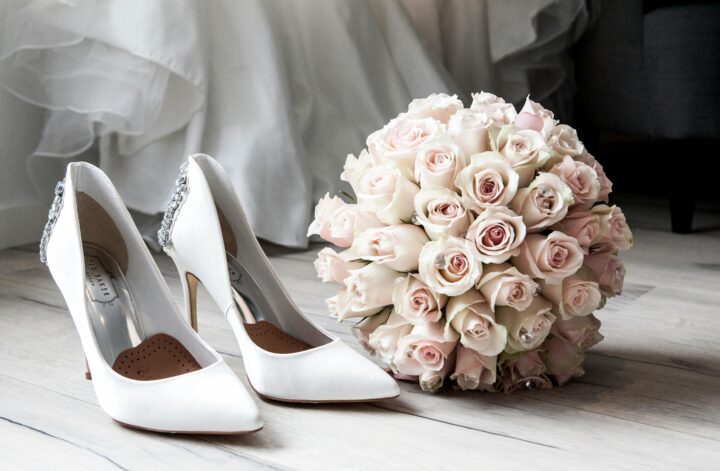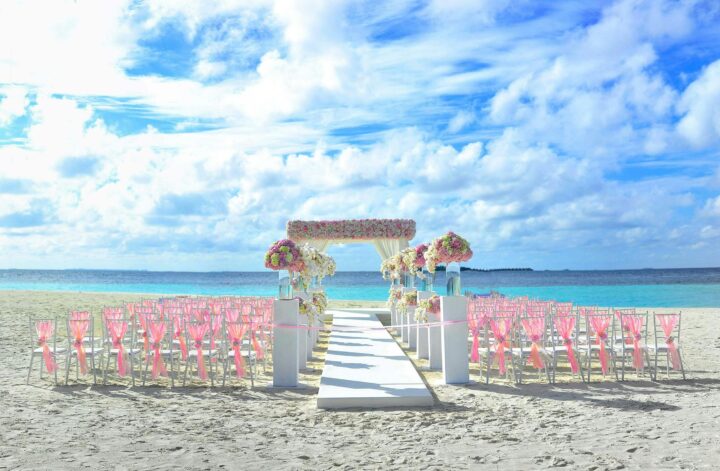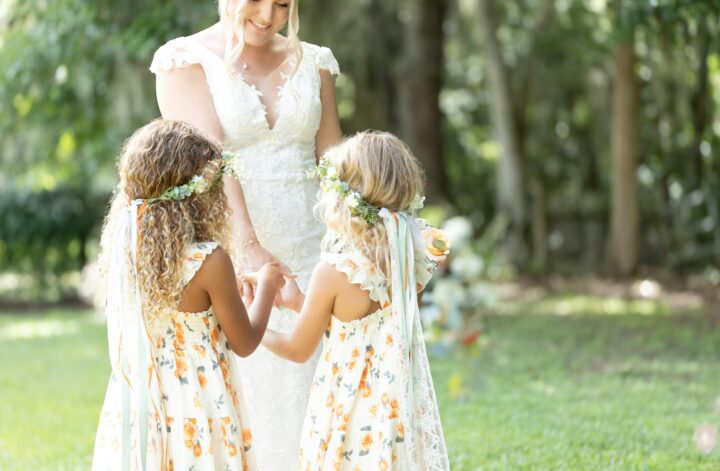Planning a wedding can be overwhelming, with countless details to consider and many eventualities to account for. To help you prioritize, here’s a guide on distinguishing between the “nice to have” and the “must have” elements for your wedding day.
Must-Have Essentials
1. Venue
• Ceremony and Reception Locations: The foundation of your wedding day. Book your venue early to secure your preferred date and location. Ensure it suits your guest list and aligns with your wedding theme.
2.Officiant
• Legal Requirement: A certified officiant is essential to legally bind your marriage. Choose someone who resonates with your personal beliefs and can conduct a ceremony that reflects your relationship.
3. Guest List and Invitations
• Guests: Deciding who to invite is crucial for planning your budget, venue, and catering. Though, of course you may not want any or only a very small number!
• Invitations: Send out invitations well in advance to give guests ample time to RSVP. Include essential details like date, time, location, and dress code.
4. Attire
Wedding Dress and Suit: Comfortable and fitting attire for the bride and groom is non-negotiable. You may want to just wear jeans or you might want something from a traditional wedding dress collection. Whatever you wear make sure you feel confident in your outfit.
Accessories: Necessary items like shoes, veils, jewelry, and undergarments should complement your attire and add to your comfort.
5. Rings
• Symbol of Marriage: Exchanging rings is a traditional and significant part of the ceremony. Ensure they are chosen, sized, and ready for the day.
6. Catering and Cake
• Food and Beverages: Providing a meal for your guests is a courtesy, and a thank you to them for sharing your day. Ensure the catering matches your budget and accommodates dietary restrictions.
• Wedding Cake: While not mandatory, a wedding cake is a traditional element that many couples consider a must-have for the cake-cutting ceremony.
Nice-to-Have Enhancements
1. Photography and Videography
• Capturing Memories: Professional photographers and videographers ensure your special moments are documented beautifully. These memories are invaluable and will be cherished for years to come.
2. Music and Entertainment
• Ceremony Music: Live or recorded music sets the tone for your ceremony.
• Reception Entertainment: A DJ or band keeps the energy high and ensures guests enjoy the celebration.
3. Wedding Planner
• Convenience: A wedding planner can significantly reduce stress by handling logistics and coordination, but it’s a luxury rather than a necessity.
4. Decor and Floral Arrangements
• Aesthetic Touch: While beautiful decor enhances the atmosphere, prioritize elements that fit within your budget. DIY projects or minimalistic designs can also be elegant.
5. Wedding Favors
• Thank You Gifts: Nice to show appreciation to your guests, but not mandatory. Consider budget-friendly or DIY options if you choose to include favors.
6. Transportation
• Luxury: Renting a limo or vintage car can make for a grand entrance or exit, but practical transportation options are perfectly acceptable.
7. Lighting
• Ambiance: Uplighting, fairy lights, and candles can create a magical atmosphere, but basic lighting provided by your venue is sufficient.
8. Hair and Makeup Artist
• Professional Touch: While professional hair and makeup artists can enhance your look, talented friends or DIY options can also be effective.
9. Extra Entertainment
• Enhancements: Additional entertainment like fireworks, dancers, or musicians can wow your guests but aren’t necessary for a successful wedding.
Conclusion
When planning your wedding, focus first on the must-have elements that ensure the day runs smoothly and legally. Once these essentials are secured, consider adding nice-to-have elements that fit within your budget and enhance the experience. Prioritizing in this way helps manage costs and ensures your wedding day is both beautiful and enjoyable. Remember, the most important aspects are your commitment to each other and sharing the day with loved ones.




